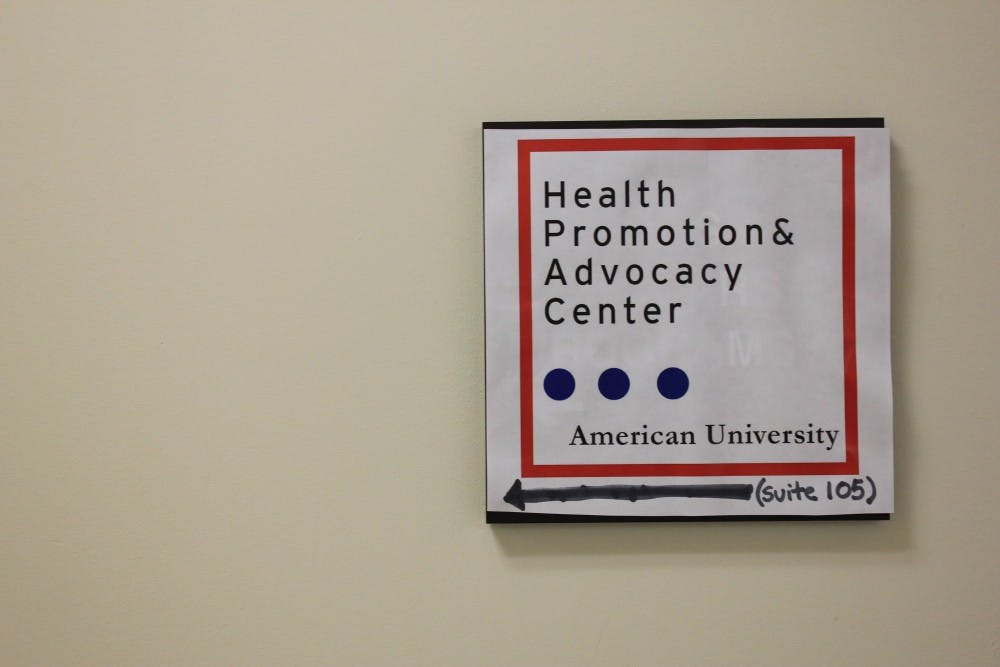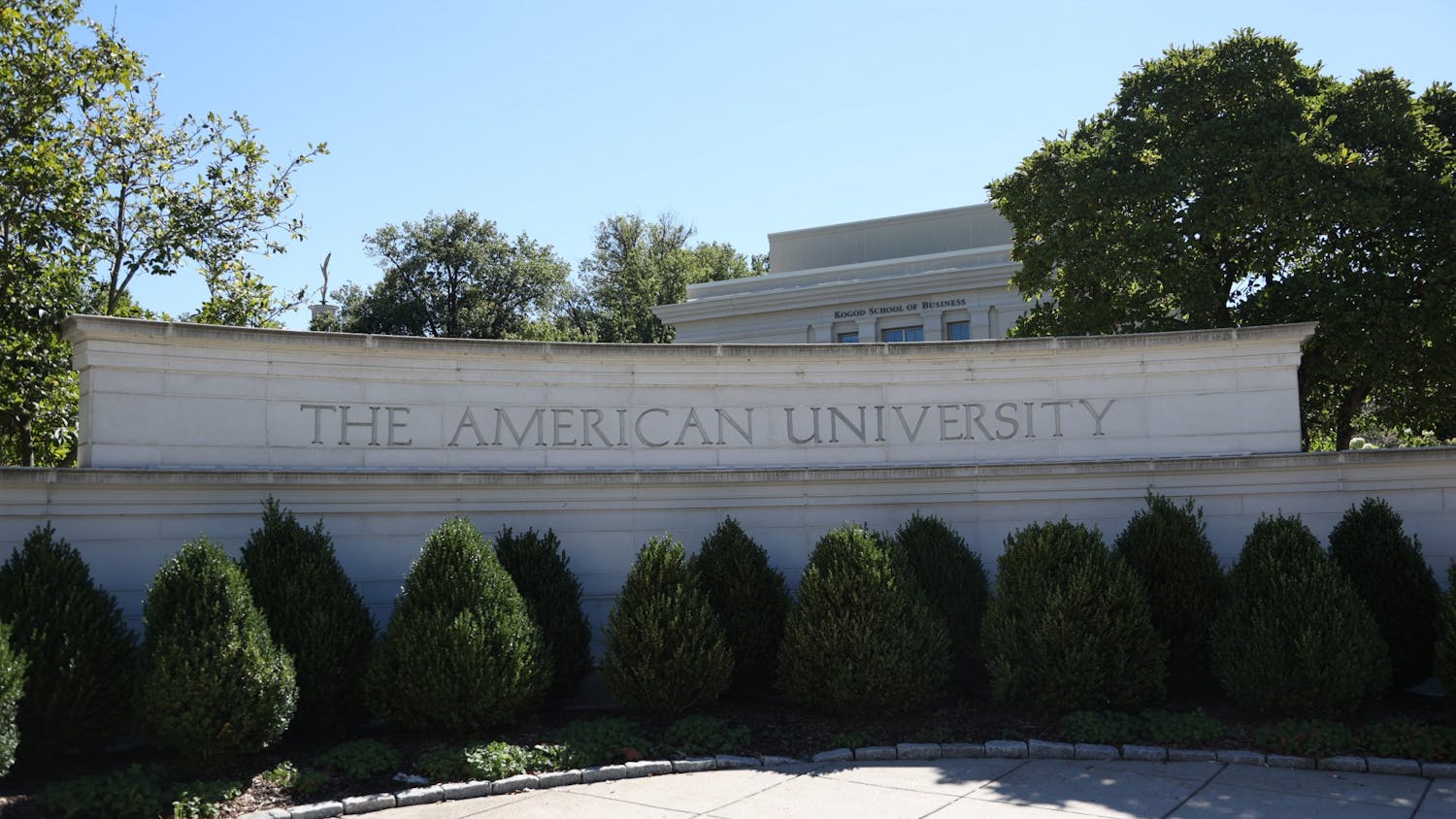During the month of October, the Health Promotion and Advocacy Center and other student organizations hosted events and talks centered around sexual and dating violence in observance of Dating Violence Awareness Month.
Although known nationally as Domestic Violence Awareness Month, AU has decided to use the term Dating Violence Awareness Month (DVAM) because they feel as though the name makes more sense and is more applicable to college students, said Maya Vizvary, AU’s sexual assault prevention coordinator.
The color that represents DVAM is purple, which is why purple ribbons, lights, and flags have been placed all throughout campus.
“One of the other points of DVAM is to raise awareness that this is a problem and to show that we support survivors and healthy relationships,” Vizvary said. “The purple ribbons are kind of ways for us to show that as a community.”
Creating awareness of sexual and dating violence is one of the main goals of DVAM, according to Vizvary. She said that students often think of it as only physical abuse, but HPAC wants students to know that it can also be psychological and verbal abuse as well.
To educate students on these topics, HPAC and organizations such as AUSG’s Women’s Initiative, Students Against Sexual Violence, and the Panhellenic Council will be hosting interactive and engaging events and activities for students to be involved with.
Shannon Walsh, President of the Panhellenic Council, said that they are very excited to be partnering with HPAC throughout the month.
“We are doing a Know Your Rights Clinic, which HPAC does throughout the year, just so that students can go and hear from actual lawyers throughout D.C. about what they could do in a situation involving domestic violence,” Walsh said.
Other interactive activities included the Intercampus Tweet Chat on Oct. 17 and Wear Purple Day on October 18. On Wear Purple Day, students received discounts at most food locations on campus expect the Terrace Dining Room, according to Vizvary.
Most of the talks during this month are centered around supporting survivors and preventing dating violence. Vizvary said HPAC wanted students to have fun during the activities and at the events, but their ultimate goal is to educate students along the way.
“About 97 percent of students who experience sexual violence told a friend or family member whereas only 5 percent told a staff member,” Vizvary said. “We really want to make sure that we’re supporting these students and their friends. We want to make sure that their friends are helping them in the best way that they can.”





